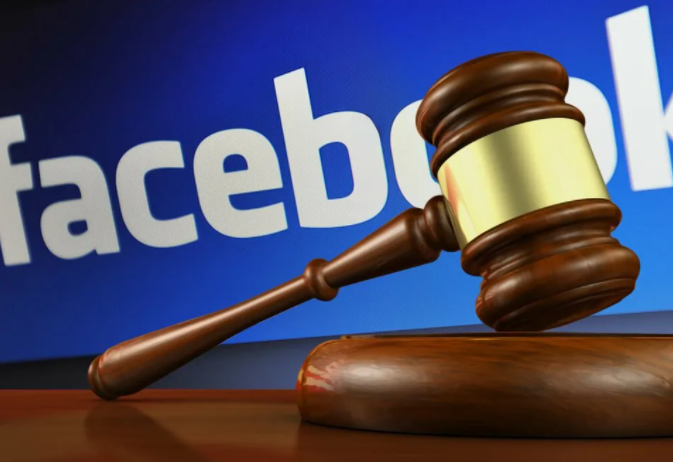Until recently, social media companies have been largely left alone in their efforts to protect their users’ privacy and prevent the spread of fake news. However, the current state of affairs raises the question, should social media platforms be regulated? Washington is currently considering new laws to help combat the proliferation of fake news and hate speech. While other countries have adopted stricter laws and implemented new rules, the United States and other Western democracies have chosen to play it safe by enacting a series of regulations.
Benefits of Social media Regulation
Social media business can be greatly cost-effective and it bonds the users with the market in ways that were not possible before the appearance of the internet. Good internet connection is very essential either for business or entertainment. Slow internet can cause you a loss in business. But don’t worry we have it sorted. Citizens of Vegas has one less thing to worry about as they have access to the most reliable ISP, CenturyLink Las Vegas, the best internet provider in the market with reputable and high-speed internet bundles. It helps you run your business smoothly and seamlessly.
Regulating social media platforms have some benefits. For example, regulating them would force them to fact-check content, which would limit the micro-targeting of advertisements. In addition, it would limit the ability of companies to target users based on their location and demographics. If this approach is proven successful, it could lead to a more efficient social media system. In the meantime, many companies remain largely unregulated.
For example, McDonald’s has sued Facebook for spreading fake news, and that lawsuit may have affected the McDonald’s business. To avoid this, regulators should enforce policies to prevent the spread of false news. And it should be noted that social media companies’ ability to regulate themselves is limited by the First Amendment, which means that they must follow national laws to protect their users.
Why is Social Media Regulation Important?
As an advocate of social media regulation, I am convinced that social media platforms must be held accountable to the same rules as traditional businesses. I argue that government should force them to abide by strict terms of service. This would enable them to regulate better the content they post and, in some cases, shut down accounts if they become misused. Facebook has a list of potentially prohibited content that it aims to keep under control.
This is a fundamental difference from traditional news media, defined by limited bandwidth, primetime windows, and headline slots. In contrast, social media platforms have unlimited bandwidth and millions of highly targeted accounts. This allows them to target a much smaller audience and engage their content. This means that regulatory interventions can only work if they are fair and balanced. But this is not the case. Instead, regulation of social media is needed to protect consumers from the random decisions of social media platforms.
In addition to this, public-private cooperation is vital in ensuring that the platform is free of indecent content and preventing terrorist recruitment. The biggest issue is disinformation and hates speech. In a way, social media are like any other medium. They have to be regulated, but we need to ensure that we don’t censor ourselves. There are many other ways to regulate these platforms, and we need to ensure that they are not abused by politicians, the press, or users.
Ways to Regulate Social Media Platforms
There are many ways to regulate social media platforms, but none are particularly effective. The government is most likely to make a significant impact, which may not do this alone. There are several ways to regulate online platforms. One of the most important is regulating algorithms. Currently, Facebook doesn’t allow users to customize their feed, while Twitter allows users to choose from an unfiltered reverse sequential feed or a proprietary algorithm feed. The platforms would have to open their APIs to third-party algorithms subject to disclosure and transparency requirements by mandating algorithmic competition. This would also restrict the potential for abuse of data by social media platforms.
Regulations are necessary to protect the public’s trust in social media platforms, but there’s no one right way to do it. For example, Facebook has an inherent right to free speech, and proposals to regulate the company’s algorithmic business model look like regulation of government speech. But some state governments have tried to regulate big-platform companies, such as Twitter and Facebook. However, the Texas law was struck down by courts, and the Florida law excluded companies with theme parks in their state.
In the United States, the government could require social media platforms to follow terms of service. This would give the companies a mechanism to moderate content and shut down accounts that promote hate speech and other harmful content. Limiting the amount of personal data these companies can collect would prevent them from targeting their ads.
Conclusion
Thanks to increased media coverage and public pressure, social media companies have been under public pressure to become more responsible. These platforms are often arbitrary, and people push them to be so. Regulators are necessary to protect the interests of their end-users. One of the most prominent examples is Facebook’s Oversight Board for Content Decisions. This strategy seeks to establish legitimacy and public trust in the moderation of their content.





